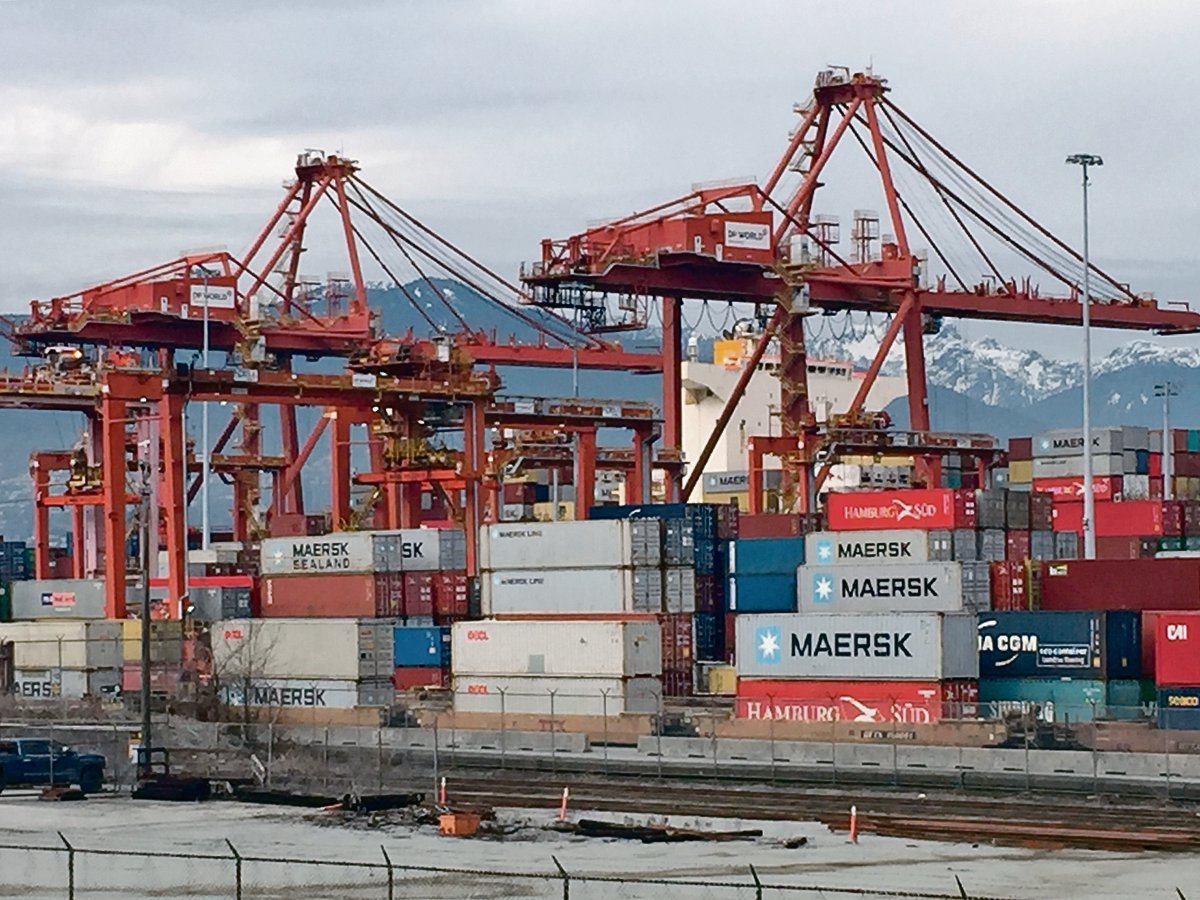Canada-European Union trade negotiations continue to progress but sensitive agricultural negotiations still have not been tackled, said the chief Canadian negotiator.
After the latest negotiation in Ottawa last month, ministers from Canada and the EU promised to decide by year end if there is enough common ground to conclude an agreement next year.
If not, the talks could be abandoned. Two more negotiating sessions are scheduled for Brussels and Ottawa in the new year if ministers decide to continue the talks.
Chief negotiator Steve Verheul, former chief agricultural negotiator at the World Trade Organization, told the House of Commons trade committee last week that progress is being made.
Read Also

Message to provincial agriculture ministers: focus on international trade
International trade stakeholders said securing markets in the face of increasing protectionism should be the key priority for Canada’s agriculture ministers.
“We already exchanged initial offers on goods, which would have 90 percent of all tariffs go duty-free immediately upon implementation of the agreement,” he told MPs Nov. 15.
The remaining 10 percent are key for Canadian agriculture. Canada and the EU both have agricultural sectors they want to protect from unfettered import competition.
This week, members of the Commons trade committee are in Europe to hear firsthand the European view of the talks and their future.
Meanwhile, agriculture minister Gerry Ritz deflected opposition criticism Nov. 18 at a House of Commons agriculture committee meeting that supply management protections could be negotiable in a deal with Pacific Rim trading partners.
Trade minister Peter Van Loan had suggested in an earlier interview that supply management protections could be negotiable if Canada joins the Trans-Pacific Partnership talks now underway among many Pacific Rim countries.
At committee, Bloc Québecois MP André Bellavance said it was the first time it had been “put on the table” in trade talks.
He said the government should make it clear supply management protections are not negotiable.
Ritz said that while all of Canada’s trade and tariff policies are up for discussion at the beginning of every trade agreement, supply management will not be compromised.
Canada always successfully defends the sensitive sector tariff protections, said the minister.














